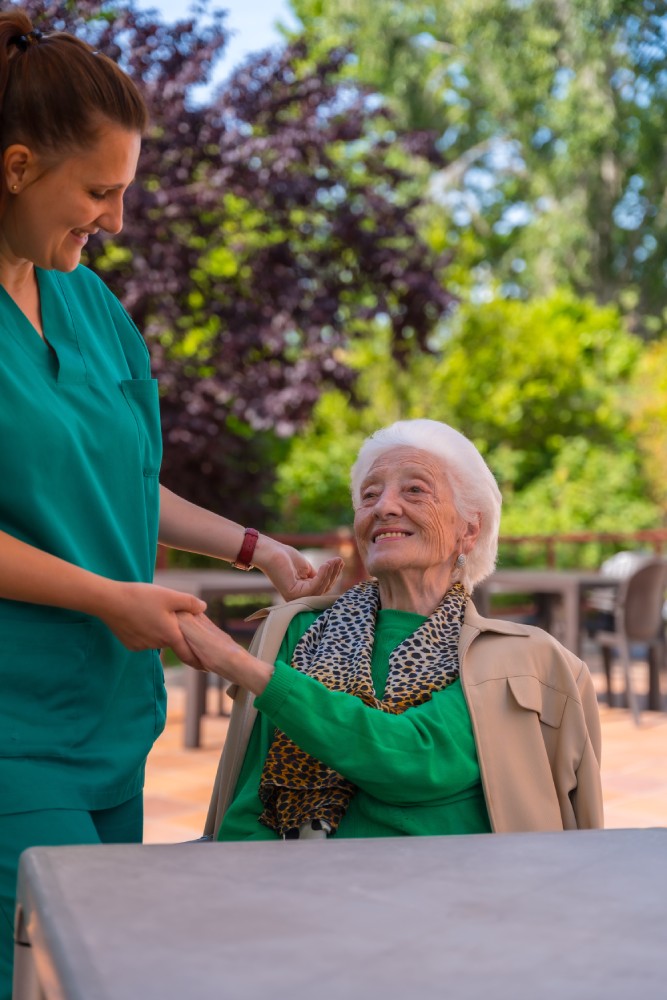The most common form of dementia impacts short-term memory and language first—and accounts for nearly 70 percent of all dementia cases.
Vascular dementia is one of the least predictable forms of the disease. Caused by a series of small strokes over a long period of time, it can create sudden changes in ability and affect judgment and behavior.
The third most common form of dementia, Lewy body dementia can cause visual disturbances and delusional thinking, and severely impact walking and balance.
This refers to a group of disorders caused by progressive nerve cell loss in the brain. It can cause impulse and behavioral changes, language difficulties, and a general sense of apathy.
Whether your loved one is experiencing memory problems, confusion, difficulty planning, managing their finances, or completing familiar tasks, our team will support them through these challenges and provide cognitive engagement to improve their quality of life. Before starting care, we’ll get to know them as a person, not just a patient, understanding who your loved one was before their cognitive decline and what they’re passionate about today.
We’ll meet your loved one where they are on their journey and help them continue to be who they are—living safely in the home they love. And we’ll help you and other family members get the support and respite care you need to rest and recharge.


